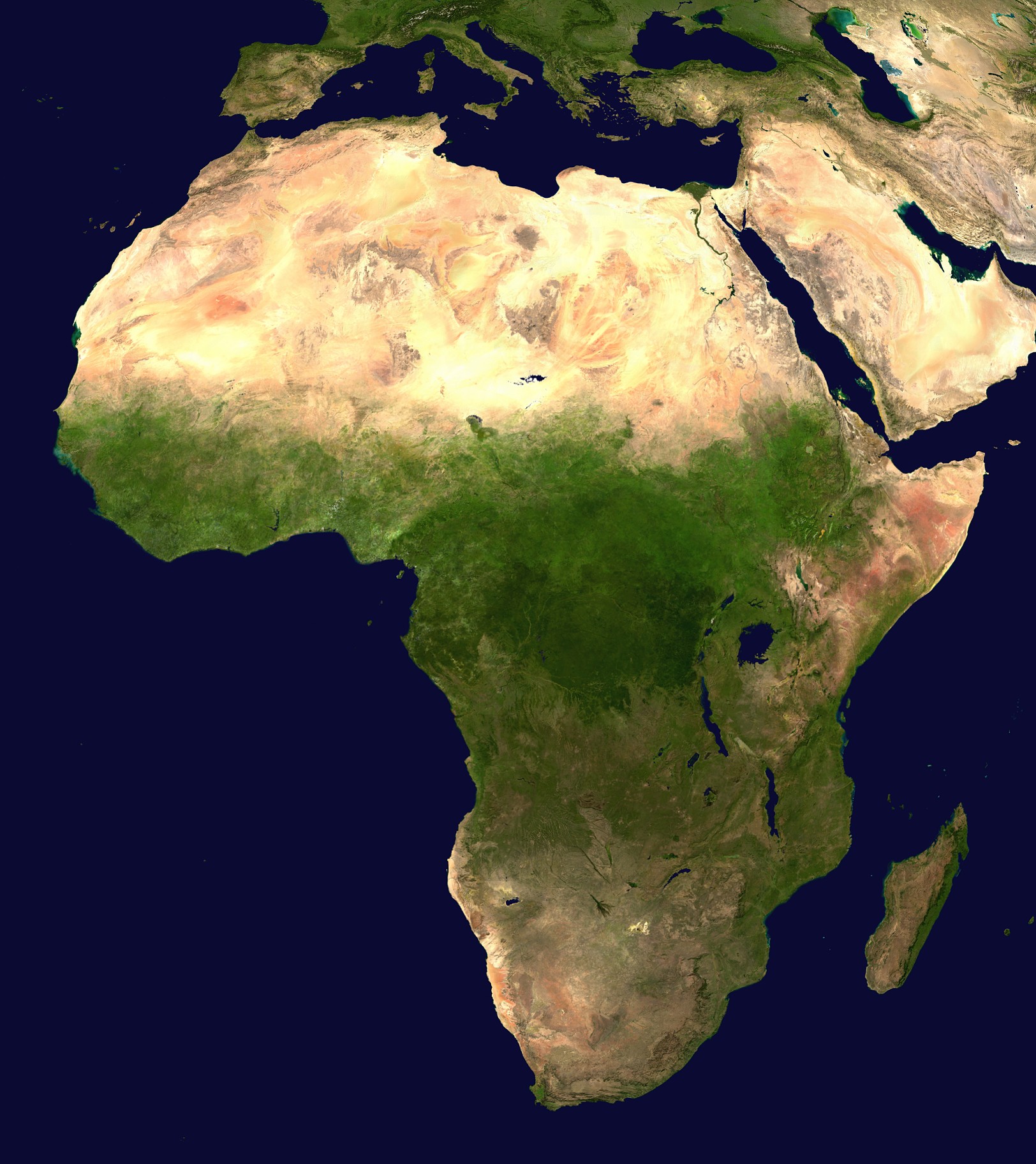Over countless generations African institutions have evolved, developed and adapted to meet the challenges of opening up the greatest wilderness on earth and an especially hostile region of the world. Complex coping systems were established. Risk aversion in an unpredictable world was the key to sustainability. Africa's moral economies, as a redistributive process, ensured not only survival in the hard times but sometimes great abundance for all. Many of Africa's institutions survived until the 1960s which accounts for the relative wealth of the people at the time.
At independence Africans inherited foreign institutional frameworks designed for a top-down development model intended to transform the continent. Although well-intentioned this high carbon, resource-intensive, environmentally degrading and socially divisive 'brown' model was vulnerable to multiple 'hidden costs' which were rapidly exposed in Africa's complex, unpredictable and often harsh conditions. In the past 20 years Africans have been restructuring and reforming the institutional frameworks, adapted this time to the realities on the ground where sustainable development begins, where bottom-up meets top-down..
Environmental ministries have been established. Africa’s Peer Review Mechanism is one of the most stringent in the world. The AU, NEPAD, Economic Commission for Africa, The Elders, Regional Trade Groups and MDG organisations are just a few of the institutional advances made over the past 20 years. In some countries there are also more women in institutions than any other region of the world.
However, the proliferation of brown mega-projects spreading across Africa today - mines, dams, oil and gas wells, agri-business and sugar enterprises – is cause for concern. One of the major hidden costs of these mega brown development strategies is diminishing transparency. Billions of dollars pouring into fragile countries just emerging from dictatorship or war can cause massive misallocation of funds and be hugely disruptive to democratic institutions. For all its great promise Africa remains the most vulnerable continent to a global economic volatility, climate change and geo-political instability, all of these directly caused by or exacerbated by the brown economy. Africa's wealth is very unevenly distributed across and within countries. Inequality, the most glaring hidden cost of the brown economy, is already causing great swathes of unrest across the continent and could jeopardise Africa’s new era of hope. Africa's institutions, including its banks, are under great pressure.
With the current brown investment boom that threatens to turn back the clock and undo 20 years’ green growth work in Africa, a second proposal for Rio+20 would be the institutional framework required to (a) implement green growth strategies for boosting the green economy as a counterweight to the brown, and (b) to understand the expanding brown economy in Africa and redirect its energy and finance towards sustainable development. Without the latter, the green investment plan cannot work. Africa’s Consensus Statement mentions the evolving green economy, as something to aspire to, 22 times, yet there is not a single mention of the existing brown economy which has to be understood and phased out in order for the green to grow.
Africa’s main advantages are reforms that have already been achieved over the past two decades. In the past four years since the beginning of the financial and economic crisis a record number of reports, papers, studies, articles, speeches, conferences and meetings have confirmed how much Africa has changed and is changing. Prudent policies and traditional risk aversion are Africa's key strengths.

No comments:
Post a Comment